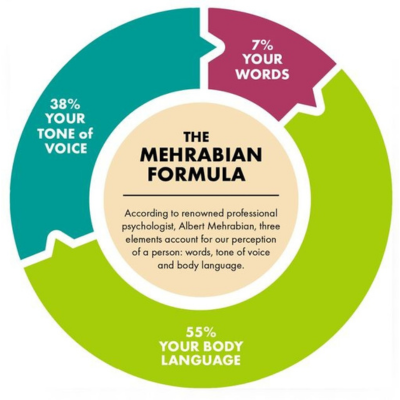Identifying future leaders is a crucial aspect of recruitment, and our clients often seek guidance on effective strategies. Setting up a talent pipeline is time-consuming, and recognising the absence of a one-size-fits-all approach underscores the need for a nuanced understanding of industry-specific requirements. Emotional Intelligence (EI) has emerged as a universal trait of significance in today's diverse and fast-paced business landscape.
According to Daniel Goleman, emotional intelligence challenges the conventional emphasis on Intelligence Quotient (IQ) as the sole metric of an individual's capabilities. Recent years have shown a strong correlation between high emotional intelligence and professional success. Goleman contends that even with top-notch training and analytical skills, a person lacking emotional intelligence may fall short of becoming a truly great leader.
Here's how emotionally intelligent staff can enhance the workplace:
Forming Personal Relationships
Effective communication at a personal and emotional level is critical for creating a positive and collaborative working environment. Leaders with emotional intelligence are approachable and establish meaningful connections with co-workers.
Self-Awareness
Employees with high self-awareness navigate their strengths and weaknesses, contributing to their long-term professional development and team success. Self-aware individuals understand how their decisions impact others, fostering a culture of accountability and continuous improvement.
Empathy
Empathy is essential in sectors reliant on client services and long-term relationships. Understanding the emotional perspectives of clients, customers, and colleagues is crucial for delivering exceptional service and maintaining strong connections.
Self-Regulation
The ability to control emotions in the workplace is imperative for maintaining clear judgment and preventing impulsive decision-making. Emotionally intelligent employees navigate challenges with resilience, choosing words carefully and reframing setbacks as opportunities for growth.
Effective Communication
Clear and transparent communication is foundational for preventing misunderstandings and building robust workplace relationships. Emotionally intelligent individuals create an environment where team members feel comfortable expressing their opinions, fostering innovation and collaboration. The attributes mentioned above will not come naturally to all. Below is some guidance on how you can begin to build your emotional intelligence.
‘The Mehrabian Formula’ is the product of experiments undertaken by Albert Mehrabian surrounding nonverbal communication. The findings suggest people tend to respond to body language and tone of voice over word choice.

You should start tuning in to what is NOT being said. Instead, take notice of body language. How are they presenting themselves? Does it give off a positive or negative impression? Do they always present themselves like this? How do they sound in their tone of voice, do they normally sound like this? Becoming more aware of nonverbal queues when communicating allows you to be able to identify them in different people and become able to read situations better.
Effective listening is another good method for building on your EI. Empathy is a strong tool that can allow you to put yourself in the position of others and make you think about how you would act in a specific situation.
Seek first to understand (what is making them act this way?)
Being interested (sometimes a problem shared is a problem halved)
Being present (provide support)
Clearing away distractions
Strive to understand the substance of what the other person is saying.
In the competitive UK food sector, individuals with emotional intelligence stand out. Notably, the article underscores that emotional intelligence is a skill that can be built over time, emphasizing its place on the personal learning and development agenda for aspiring leaders seeking to distinguish themselves in their careers.
